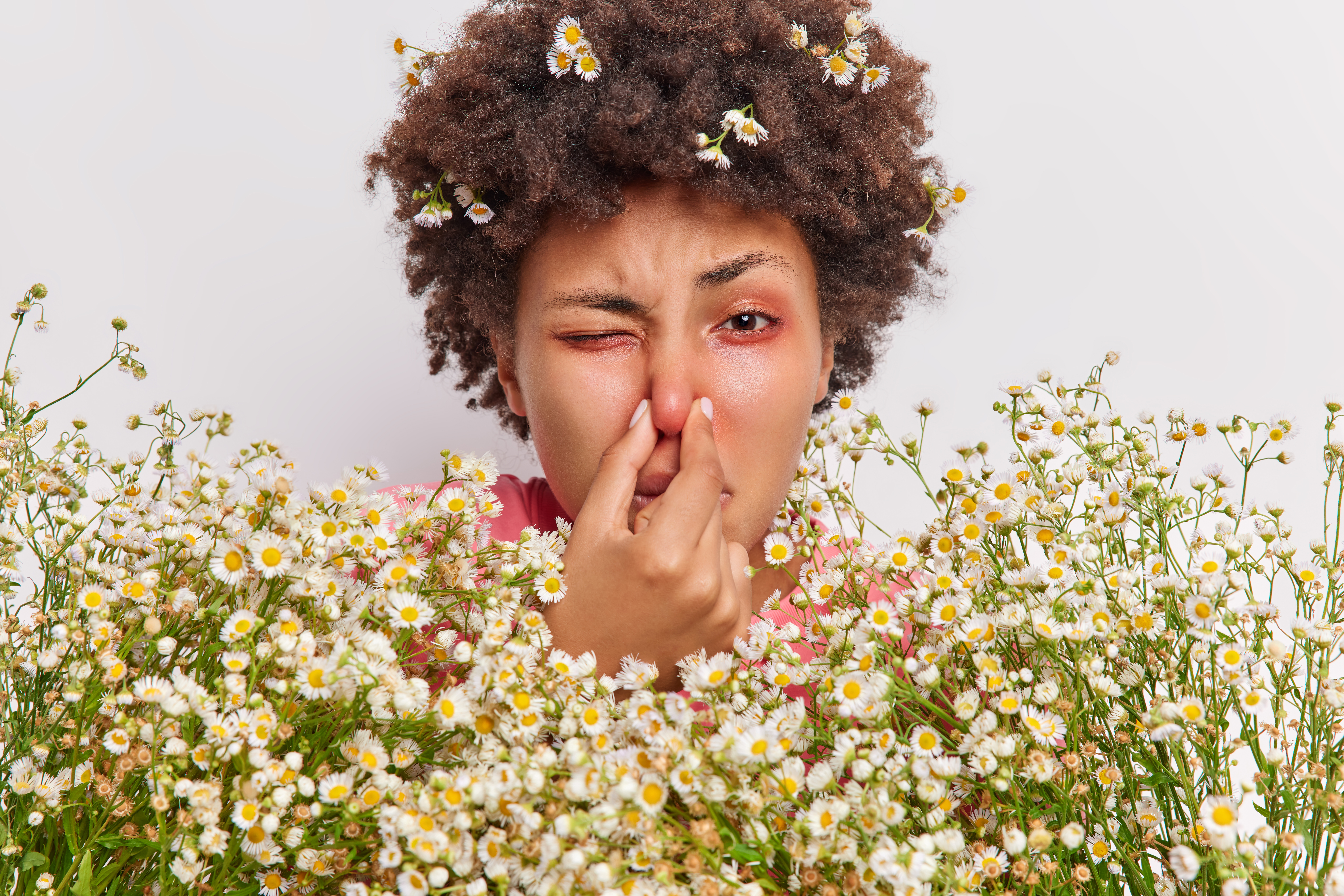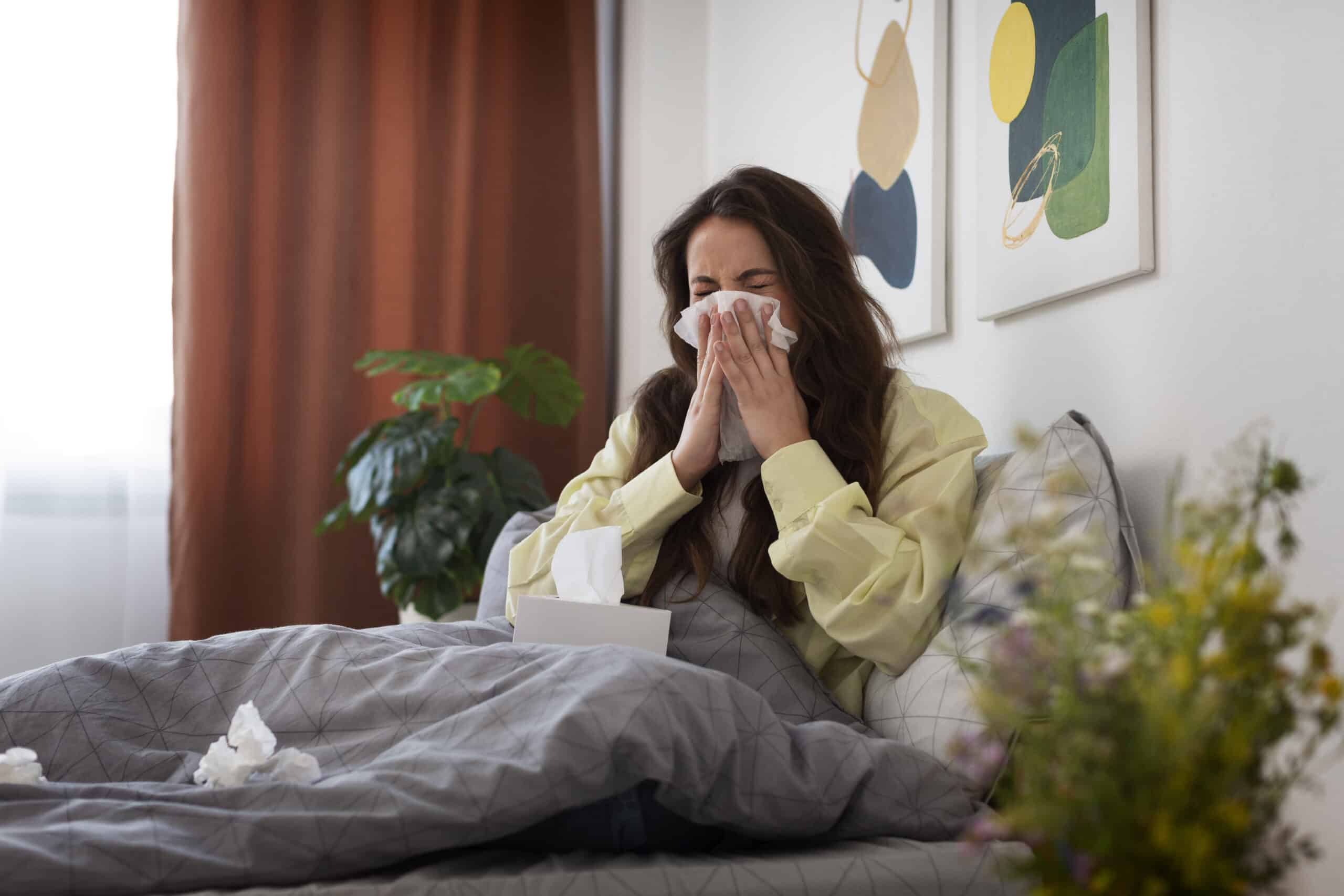Tired of sniffling and sneezing through your certain seasons of the year? Had enough of missing out on the explosion of color in the spring or the wonders of autumn? There is good news. Thanks to highly effective medications and easily incorporated practices, you can take charge of your allergy symptoms.
In our line of work at TREK Healthcare staffing, our travel nurses sometimes arrive at a new assignment only to discover for the first time that they are one of 50 million seasonal allergy sufferers in this country. So, whether you have been contending with these microscopic nuisances for as long as you can remember or you are wondering what alien invader is trying to take over your body, we’ve got some strategies for minimizing your exposure and fighting back against them.
The Source of Seasonal Allergies
Allergens come from many sources, and allergy sufferers’ bodies don’t always react to the same things. One might react to pet dander while others are set off by ragweed or certain grasses. No matter the source, any substance that causes an allergic reaction in you is an allergen.
Allergic reactions begin with a hyper-vigilant immune system which perceives the allergen as a hostile invader. It then releases histamines, prostaglandins, and leukotrienes, which together get you started sniffling, sneezing, coughing, and itching. They also have the irritating effect of making you feel groggy and fatigued.
Most people’s allergic reactions are annoying and cold-like in their symptoms. For others, the response is much more dangerous. A severe reaction can cause the throat and nasal passages to swell, making breathing difficult. For some, this can lead to asthma.
Know Your Risks Before Heading Outside
The Weather Channel offers a tracker for allergens in any zip code or city. Knowing the pollen count and how high it is can help you predict the likelihood that stepping outdoors will trigger a reaction. We’re not advocating hibernation anytime the pollen level increases, but you may want to reconsider that picnic in the park if the levels are moderate to high. Before you step outside, go ahead and take your preferred non-drowsy allergy medication and be ready for whatever little invaders may try to attack you.
Preventing Seasonal Allergies Flare Ups
You may not be able to cure yourself of seasonal allergies, but you can reduce the impact they have on you with a few simple steps, all of which are designed to reduce your exposure and maximize your defenses. Try these simple tricks and feel better all day.
- Delegate outdoor chores to other members of the household. If your participation is unavoidable, wear a mask to keep those allergens at bay.
- Get out of the clothes you wore outdoors as soon as you are able and go ahead and shower to remove any pollen on you.
- Don’t line-dry your laundry outside.
- Limit your time outdoors when the weather is dry and windy. Enjoy your outdoor time right after a good rain shower.
- Keep doors and windows closed.
- Purchase an allergy air purifier for your home and/or office space.
- Use a vacuum with a HEPA filter.
- Use top-grade AC filters and change them regularly.
- While further study is needed to verify its effectiveness, fans of homeopathic remedies vow that ingesting a spoonful of local honey daily can help build immunity to certain allergens.

Over-the-Counter Medications
Unless your allergies are especially severe, finding the right over-the-counter medication at your local pharmacy should give you considerable relief. Choose the right type to address your specific symptoms.
Oral Decongestants– These medications, in pill or liquid form, help reduce the sinus pressure and nasal stuffiness that’s making your head hurt and your voice sound funny.
Nasal Sprays– Nasal sprays can be grouped into two main categories. Corticosteroid ones reduce the stuffiness once a reaction is underway. Cromolyn sodium ones block the immune response agents, preventing an attack from occurring, so you’ll need to take it before allergen exposure.
Antihistamines– Antihistamine pills provide relief to a variety of allergy symptoms, including watery eyes, runny nose, itching, and sneezing.
Sinus Cleansing
Whether you purchase a kit in store or make your own remedy, cleansing your nasal passages with a saline solution can remove those irritating allergens. They also can help improve the effectiveness of nasal sprays, as those medications work better in clean nasal passages.
To make your own sinus cleansing solution, you’ll need distilled water, canning salt (not table salt) and baking soda. You can mix a batch of this solution for a week at a time and treat each nostril using a large syringe or Neti pot.
Take Charge
Seasonal allergies can be an annoyance, but they don’t have to impair the quality of your life and work. The next time they threaten you, try out some of these tried-and-true remedies until you find the right combination for you, and you’ll be back to yourself in no time!
And speaking of taking charge, TREK Healthcare Staffing is all about helping medical professionals take charge of their careers. If you’re interested in expanding your work opportunities while discovering new cities and climes, give us a call. We’d love to match you with the perfect placement to take your career to the next level.







